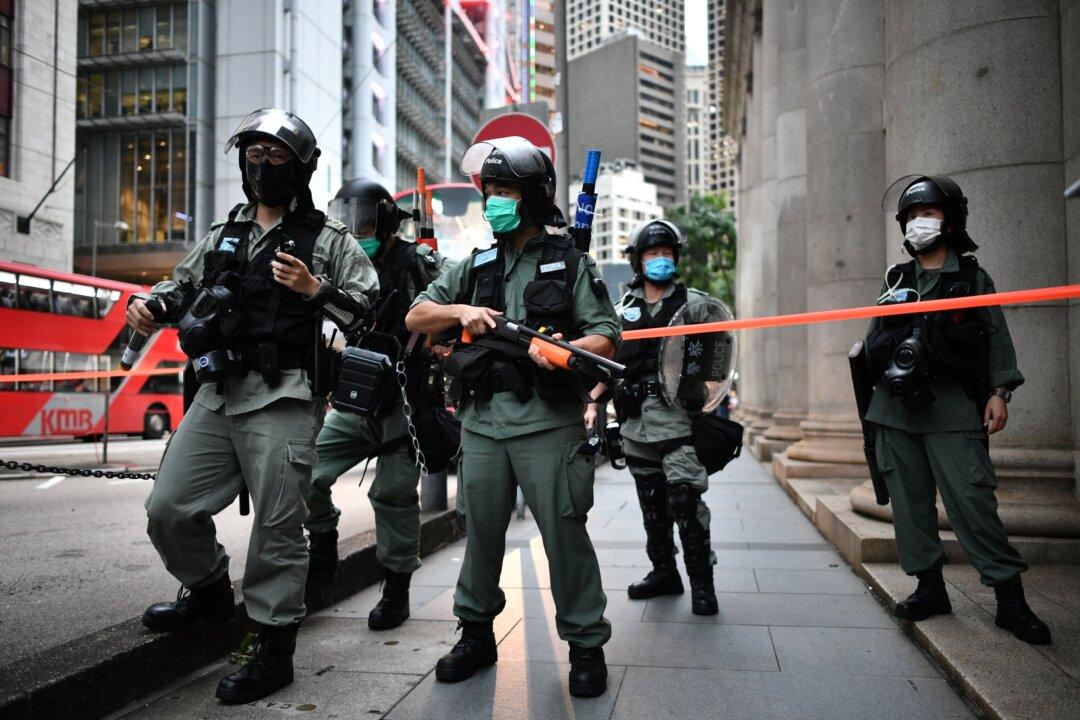Beijing needs to “step back from the brink” and reconsider imposing a national security law on Hong Kong, British foreign secretary Dominic Raab said in a June 11 statement, while renewing a pledge to protect Hong Kong’s freedoms.
“[T]he solution to this unrest and its underlying causes must come from Hong Kong, and cannot be imposed from mainland China,” he wrote in the foreword of a semi-annual report (pdf) on Hong Kong, compiled since the former British colony was returned to China in 1997.





